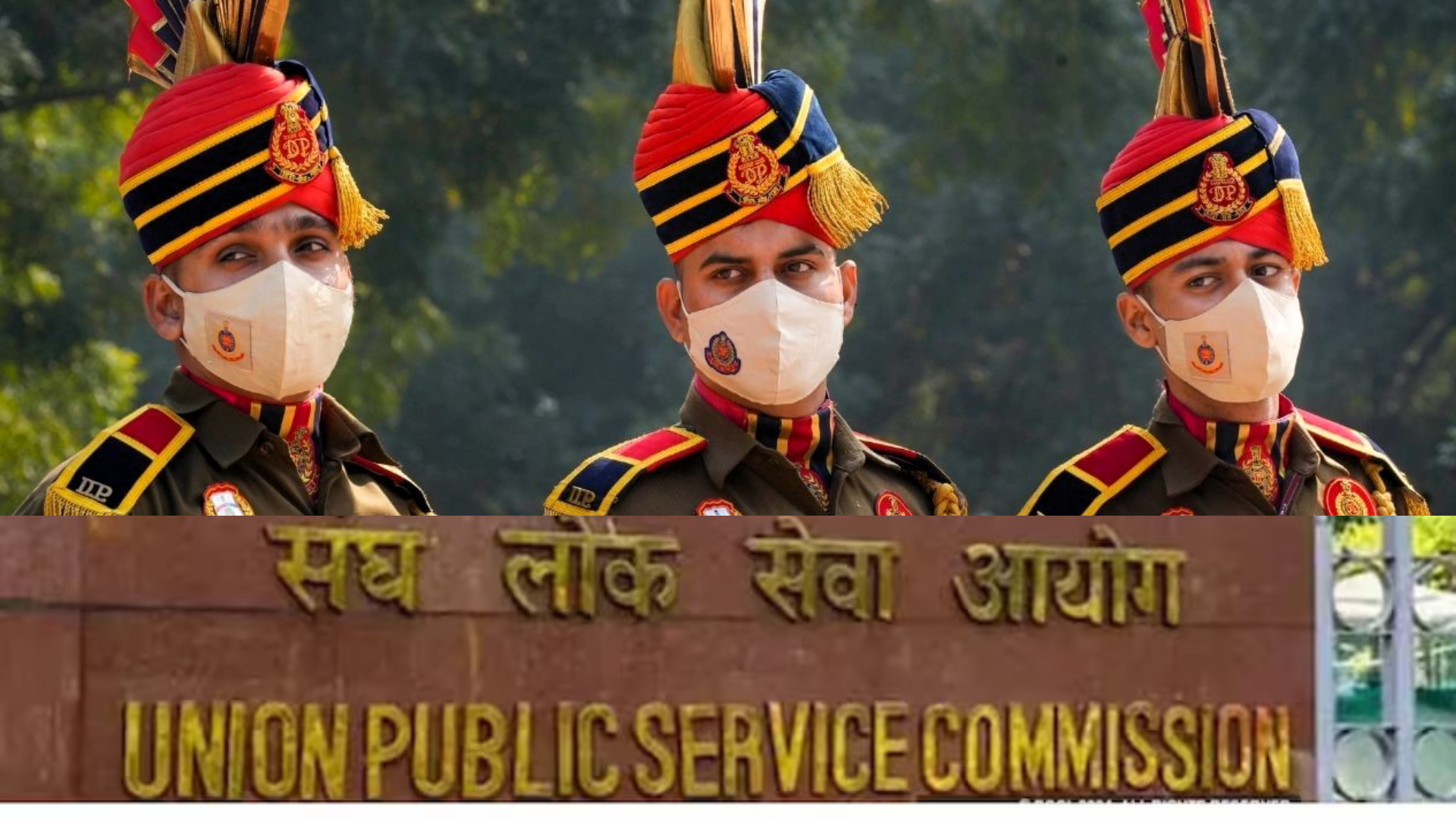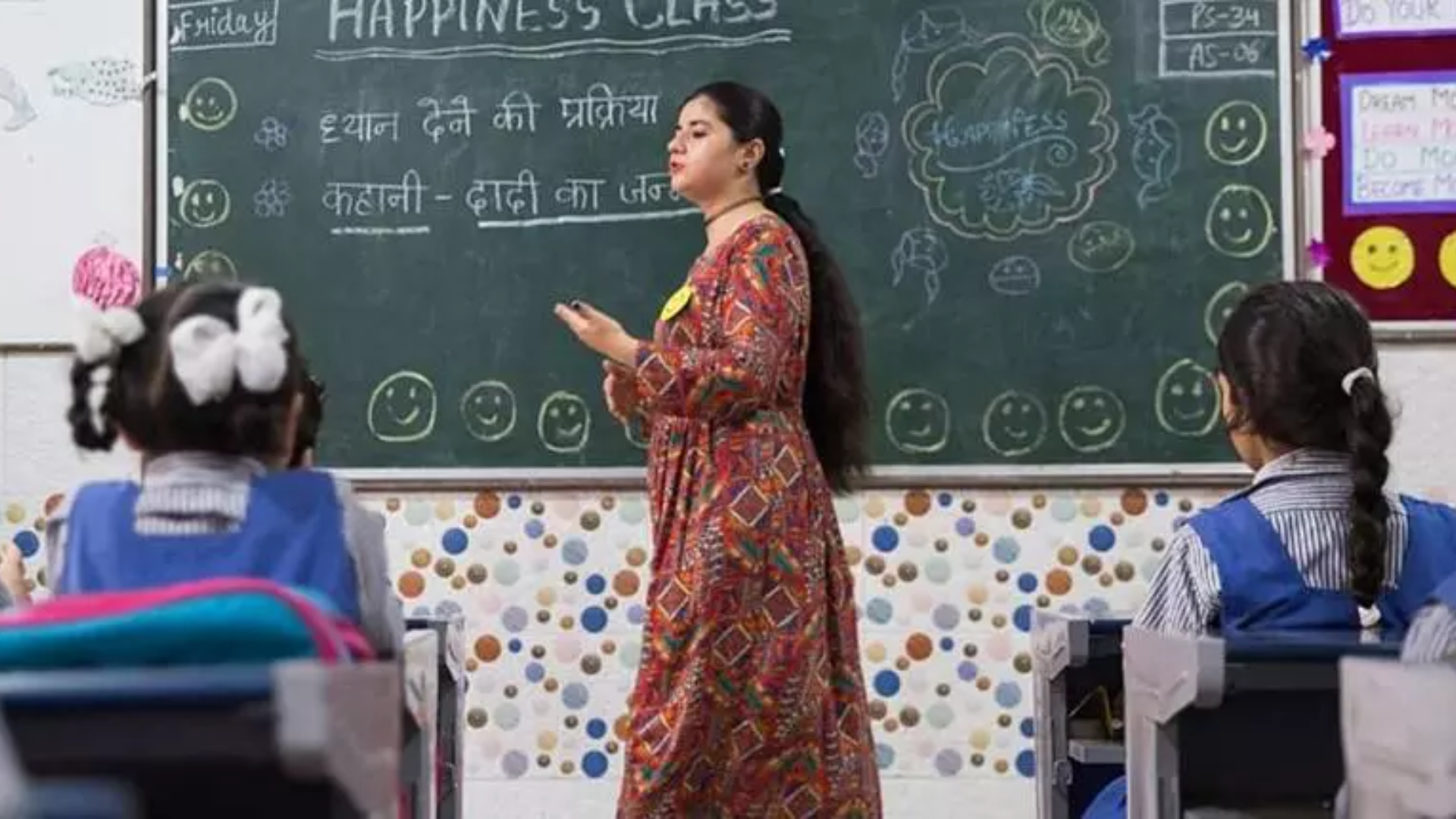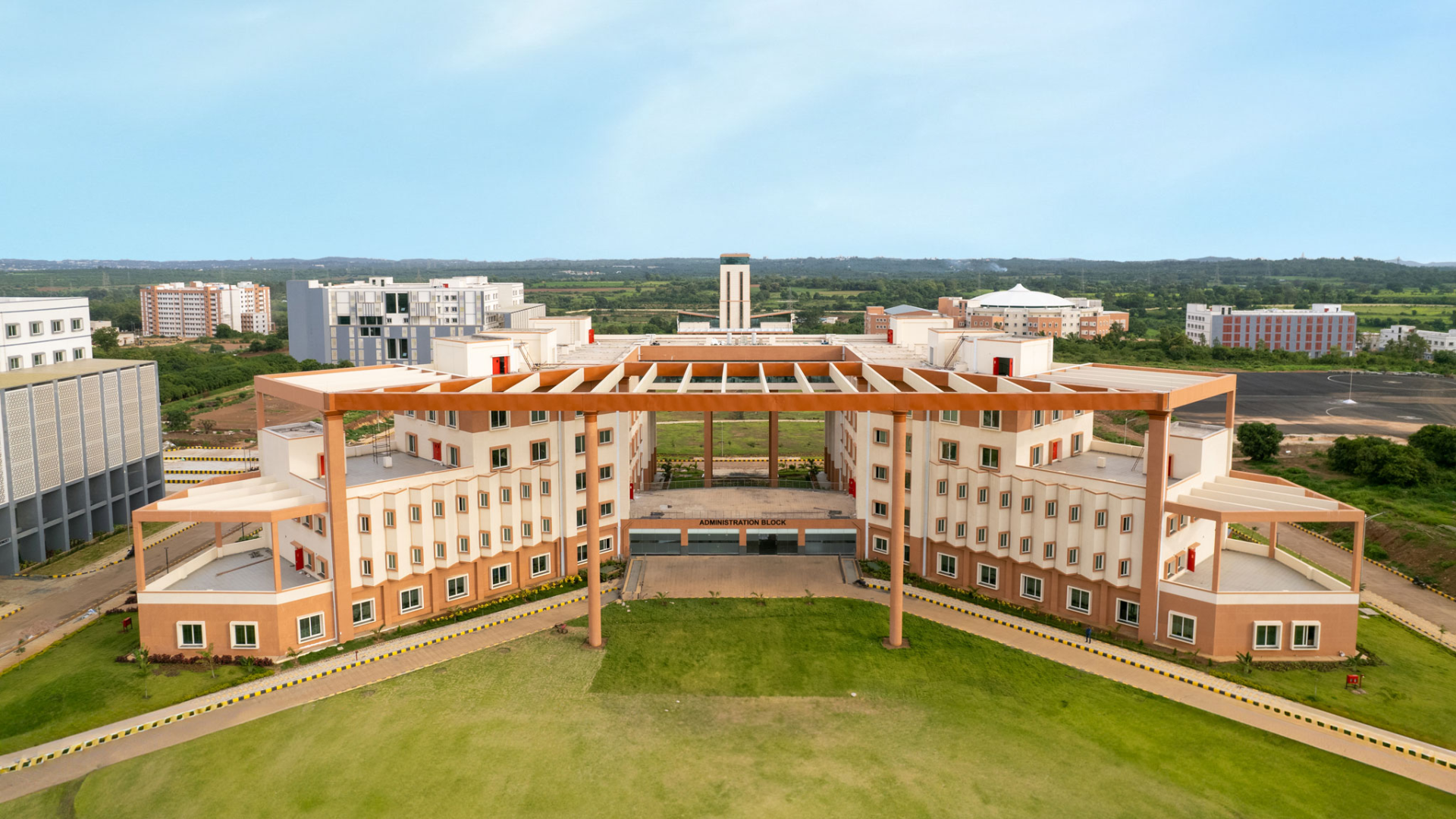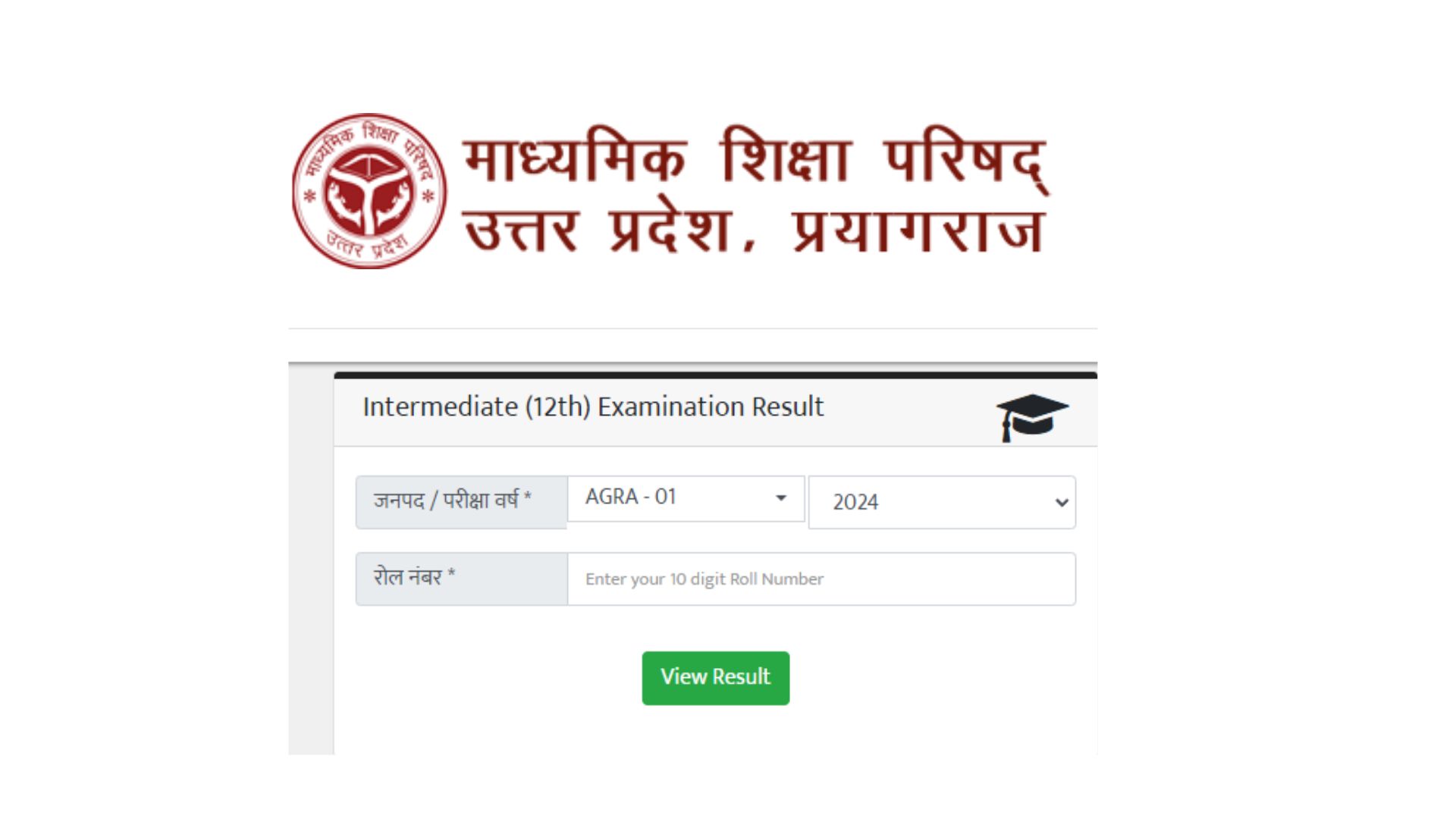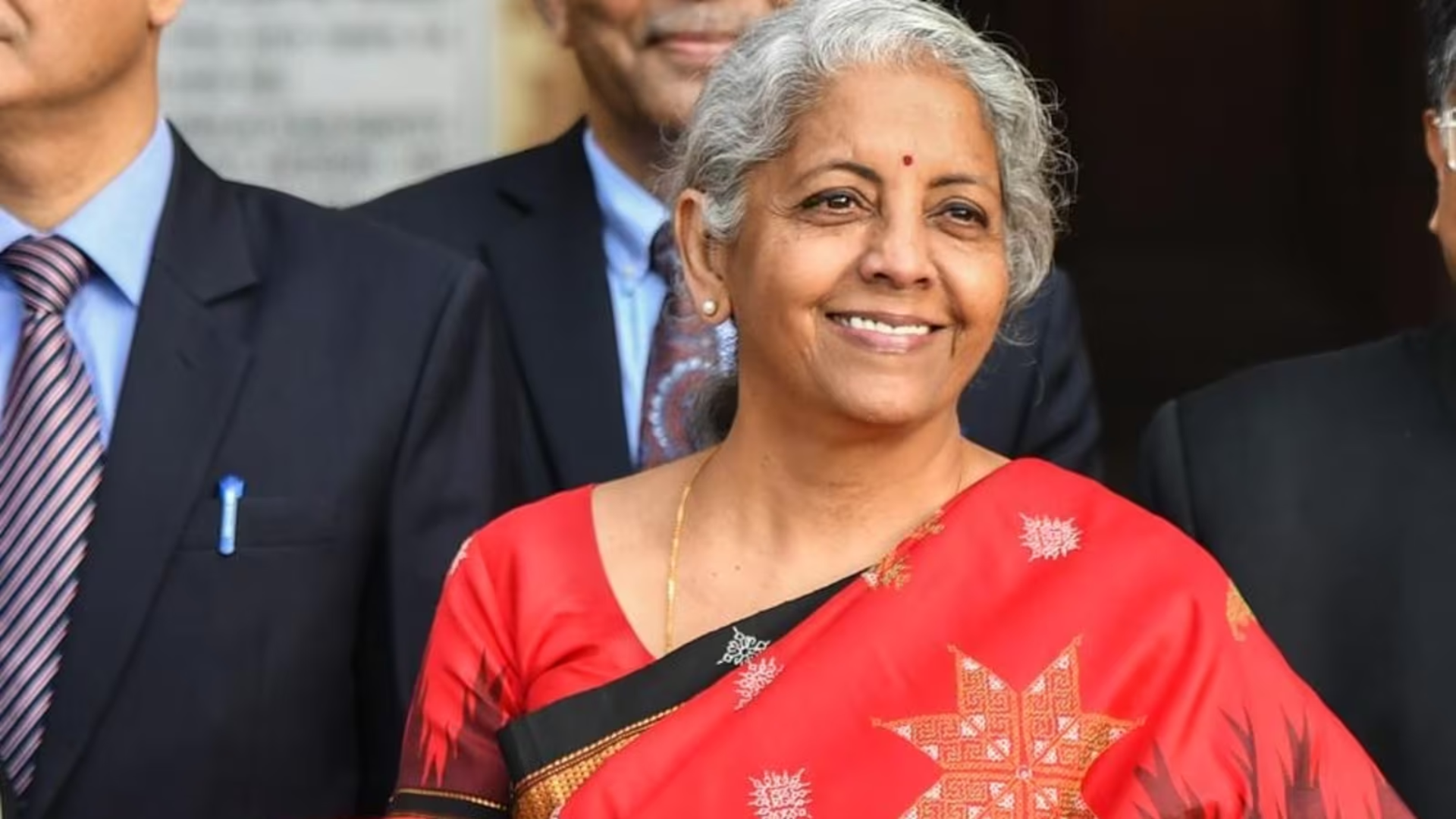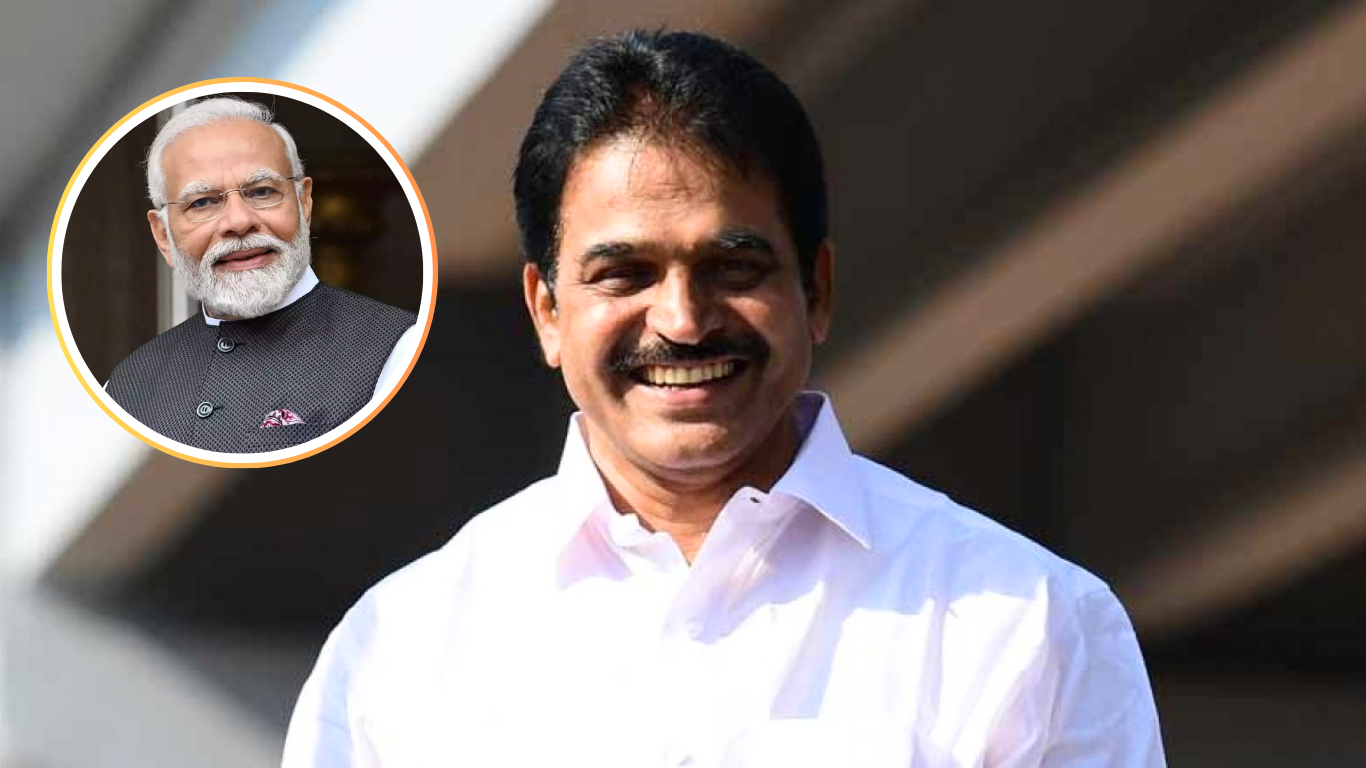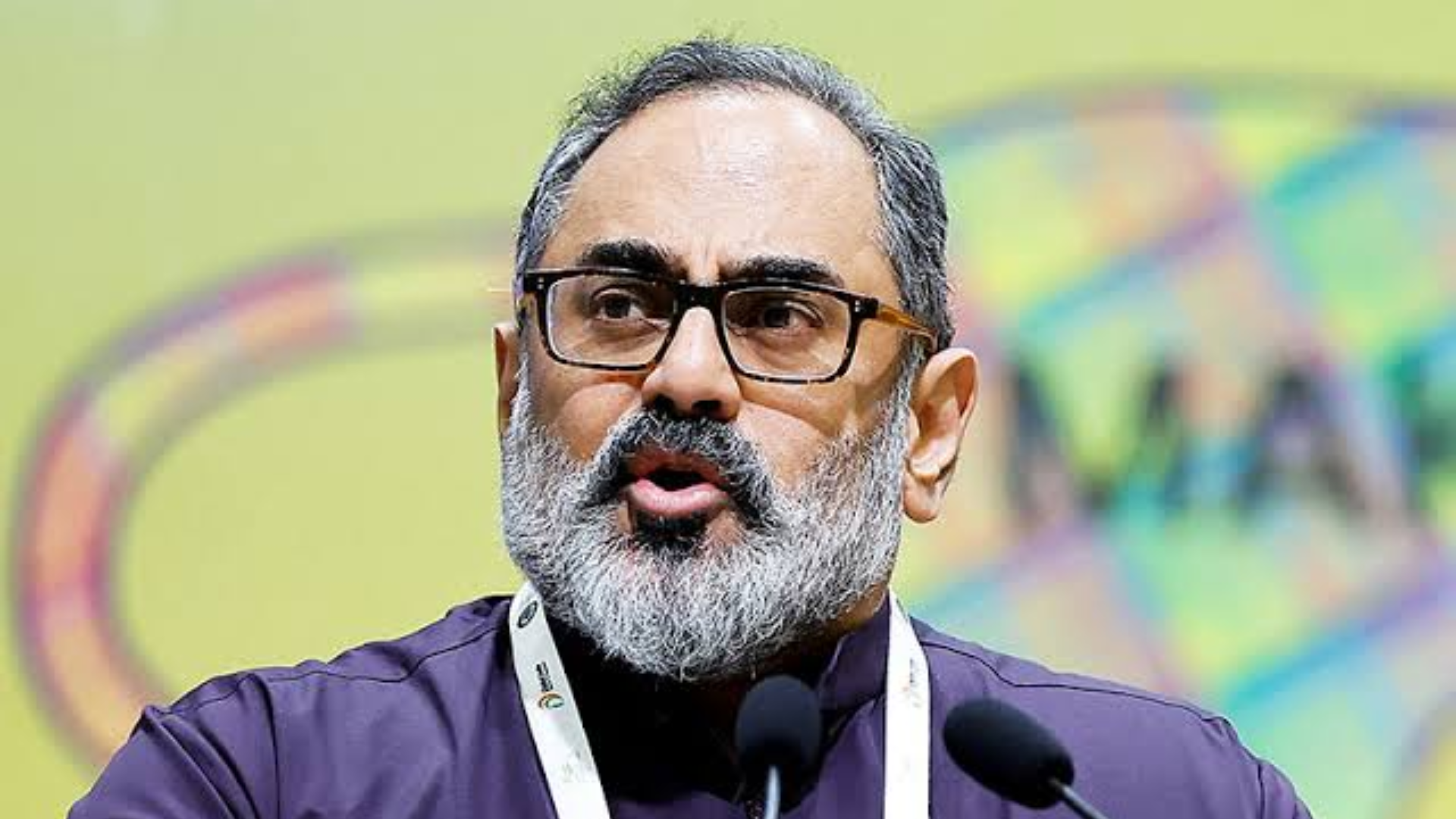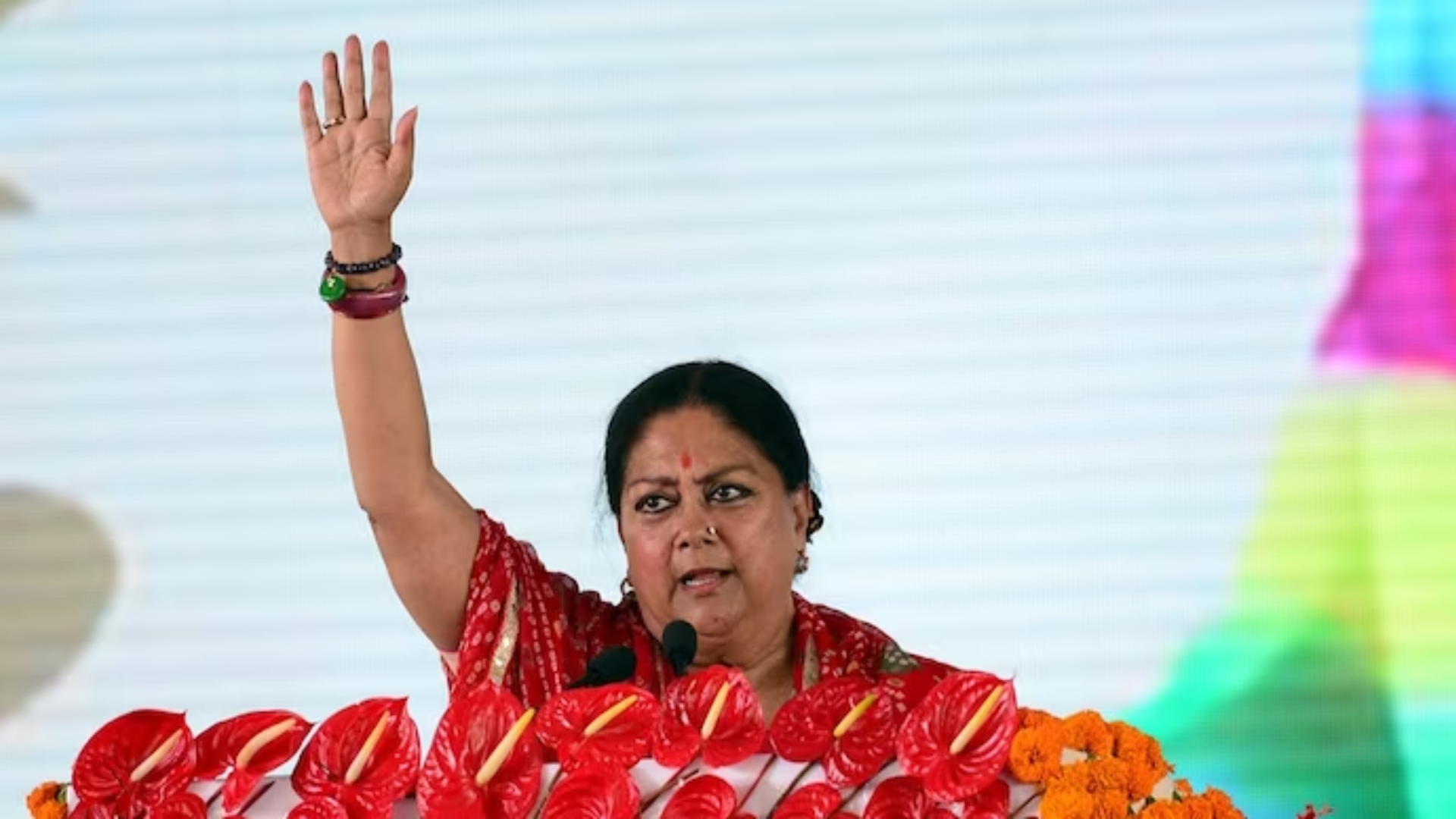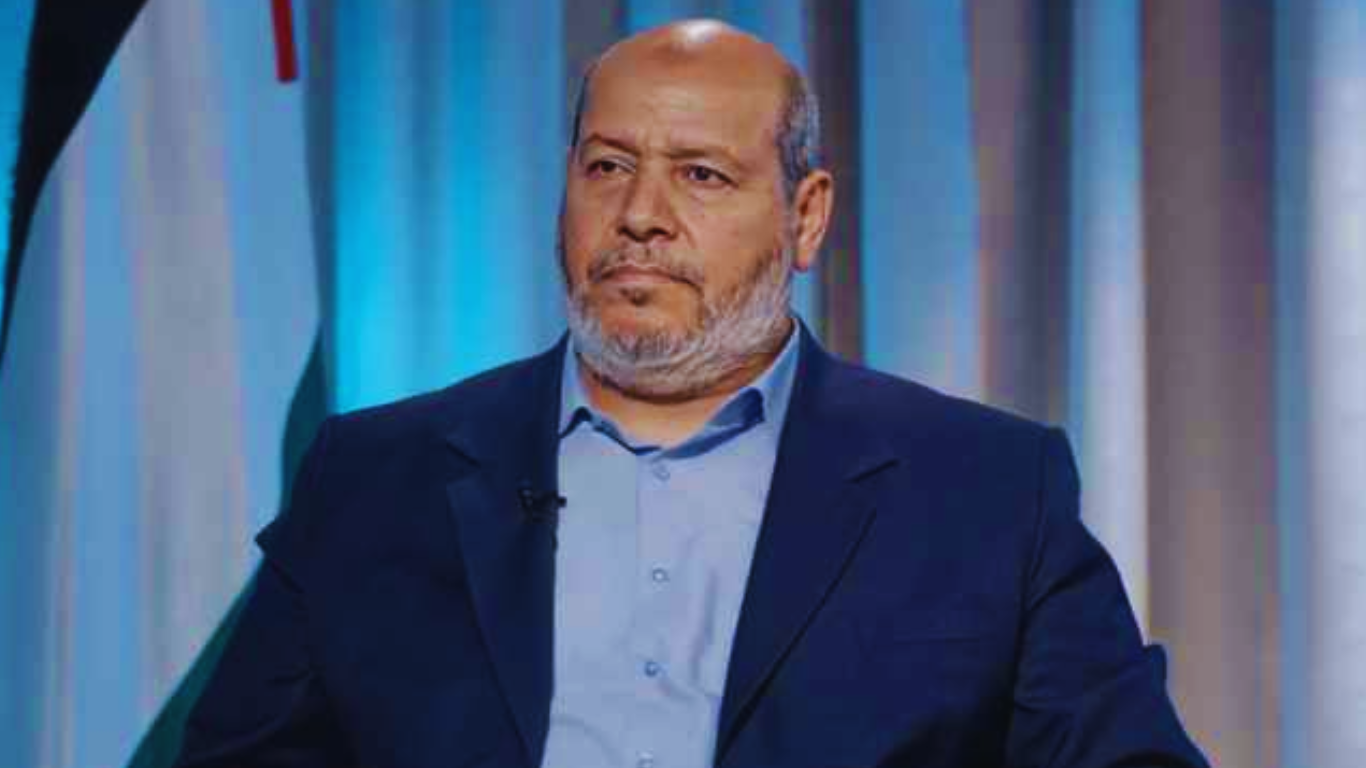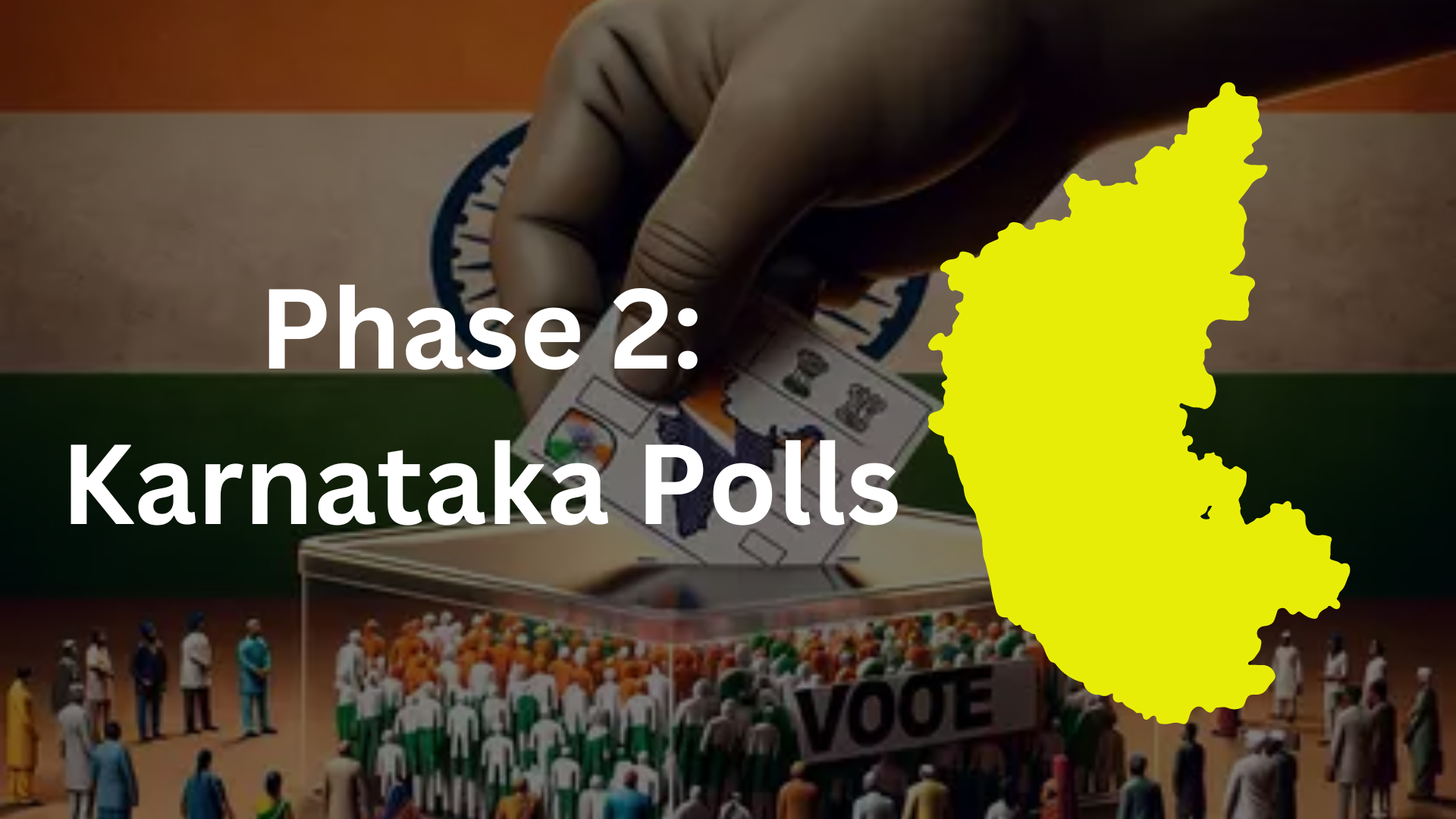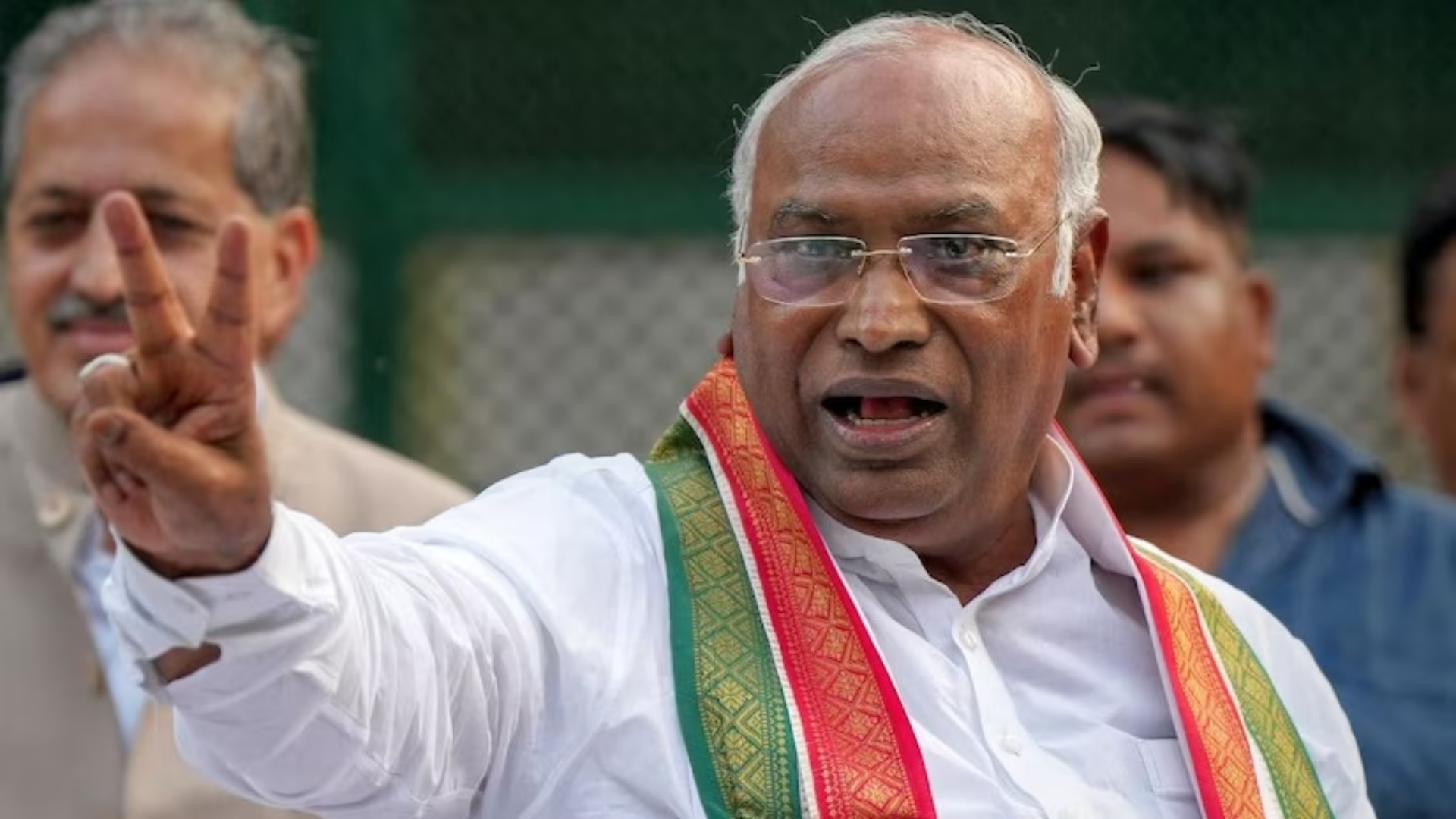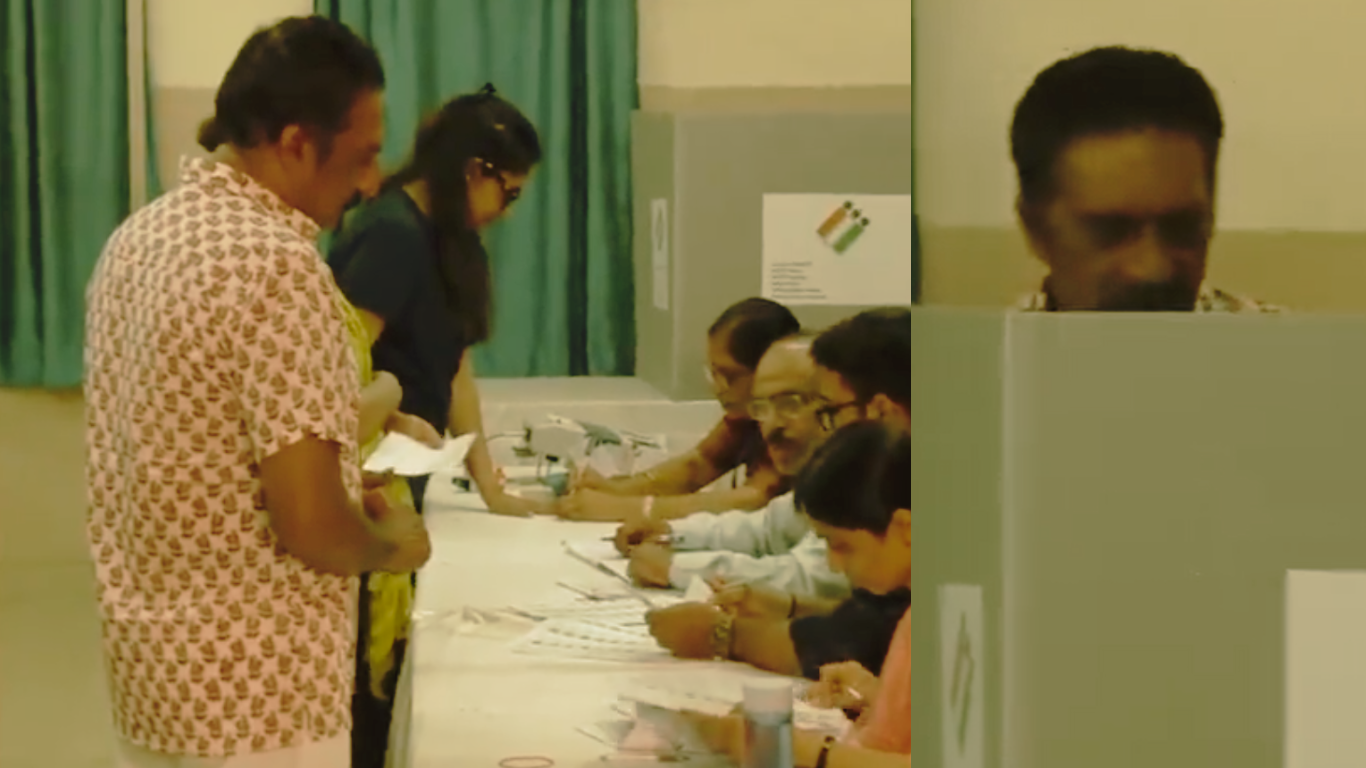![]()
Nafih Mohammed Naser: In a meeting organised and attended by civil society groups on Tuesday in Bengaluru, the importance of the The Right to Education (RTE) Act, 2009 was discussed. Social activist Nafih Mohammed Naser strongly recommended for the need to advocate for proper implementation of the RTE Act so that students from disadvantaged groups get benefited. “The RTE Act has surely revolutionized the Indian education in many ways but the benefits of this legislation need to be extended to the disadvantaged households by giving them better access to private schools”, he said during the meeting.
The Indian Parliament in 2009 passed the Right of Children to Free and Compulsory Education Act, as a landmark legislation. Section 12 (1) (c) of the ACT mandated reservation of a minimum of 25% of the seats at the entry level class for children belonging to economically weaker sections (EWS) and disadvantaged groups in all private unaided schools; excluding minority institutions. The cost of education of these children is to be reimbursed by the government to the extent of per child expenditure incurred by the state or the actual school fees, whichever is less. The provision was initially challenged in the Supreme Court and after April 2012, when the Supreme Court upheld the constitutional validity of the Act through its judgement, section 12 (1) (c) became applicable.
The members of civil society supported Nafih Mohammed Naser’s call to advocate for better implementation of the Act given the salience of such a provision and its potential to put millions of children in private schooling, deeper scrutiny is required on the nuances and the manner in which it is being implemented.



